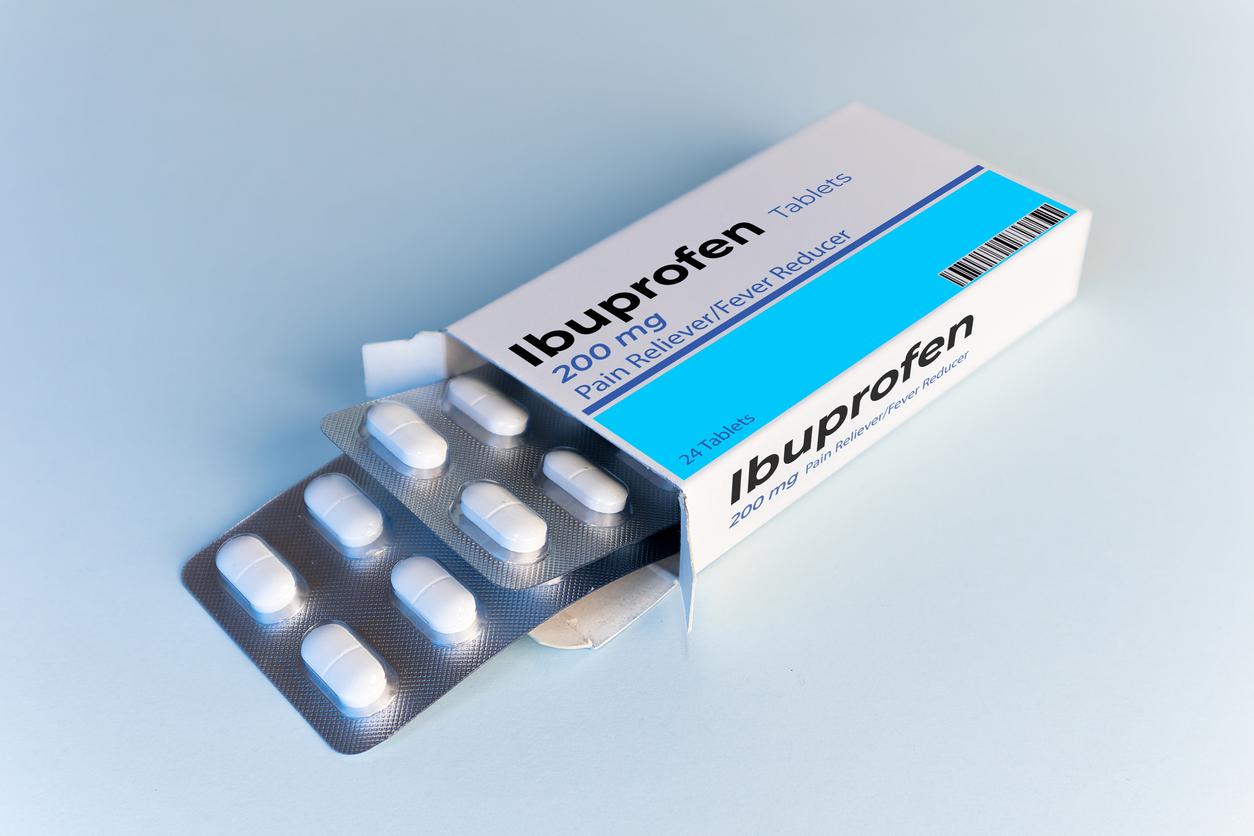The European Medicines Agency has just validated the marketing of a new treatment against cognitive decline for patients in the early stages of Alzheimer’s disease.

- The European Medicines Agency (EMA) has just approved Leqembi, a treatment aimed at slowing the cognitive decline of patients in the early stages of Alzheimer’s disease.
- Initially rejected in July due to risks of serious side effects, the treatment is now authorized for patients with a low risk of cerebral hemorrhage, that is to say those with one or no copy of the ApoE4 gene.
- Developed by the companies Eisai and Biogen, Leqembi is already available in the United States, Japan, China and the United Kingdom.
L’European Medicines Agency (EMA) approved, Thursday, November 14, the marketing of a treatment eagerly awaited by patients suffering from Alzheimer’s disease. This drug, marketed under the name Leqembi, aims to reduce cognitive decline, but it is only intended for certain patients in early stages of the disease. This decision marks a change of direction for the EMA, which initially refused authorization in July, believing that the risks outweighed the benefits.
A drug that reduces amyloid plaques in the brain
After a thorough review, the EMA Committee for Medicinal Products for Human Use announced that “the benefits outweigh the risks in a limited patient population”according to an agency spokesperson. Concretely, the Leqembi will be accessible to patients presenting “mild cognitive impairment” (memory and thinking disorders) or “mild dementia” due to Alzheimer’s disease.
Note that only those with a reduced risk of cerebral hemorrhages – individuals with one or no copies of the ApoE4 gene, a gene which increases the risk of this disease – will be able to benefit from this treatment, in order to minimize the dangers associated with the treatment. These patients are in fact less likely to suffer from certain serious health problems than those with two copies of the gene.
Developed by the Japanese laboratory Eisai in collaboration with the American giant Biogen, Leqembi, also called lecanemab, was designed to reduce amyloid plaques in the brain, toxic accumulations that disrupt neurons and contribute to characteristic memory loss. of Alzheimer’s. Although the exact causes of the disease remain unclear, these plaques are one of the favored targets of new therapies, as they appear to play a key role in neuronal degeneration. However, the results of clinical trials are promising, with a reduction in these plaques in patients treated with Leqembi, administered intravenously every two weeks.

Making Alzheimer’s treatments more accessible
This European approval follows similar decisions internationally. In the United States, this treatment had already received the green light in January 2023, followed by Japan and China, and more recently by the United Kingdom in August. This global adoption demonstrates the immense hope that this treatment arouses among families and patients affected by Alzheimer’s, a disease that affects millions of people around the world. But it also underlines the need to continue efforts to develop more accessible and risk-free therapies for all patients.

















